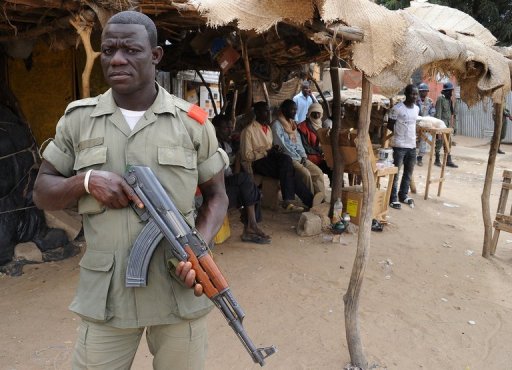ARBIL: Relatives of a journalist killed in May after he alleged corruption among Iraqi Kurdish leaders reacted angrily on Thursday to an official probe that ruled he was shot by Islamic militants.
Their concerns about the inquiry carried out by the Kurdish regional government in northern Iraq were echoed by international press watchdogs.
Sardasht Osman, 22, was kidnapped on May 4 in the regional capital Arbil, and his corpse was found a day later in the restive northern city of Mosul with a single bullet to the head.
He had written articles critical of the rule of Kurdish regional president Massud Barzani, but an investigative committee formed by Barzani said on Wednesday that Osman was killed because of his ties to an extremist group.
"We (the family) not only reject the results of the investigation, but we condemn this action and express our resentment towards these attempts to accuse him of being a terrorist," Osman’s brother Bakr, who lives in Sweden, said in a statement issued in Arbil.
Bakr Osman labelled the allegations "baseless", insisted his brother was secular and called for an independent inquiry, led by international organizations, journalists and family representatives, to probe the murder.
New York-based press watchdog The Committee to Protect Journalists (CPJ), said in a statement on Wednesday that it was "dismayed by the deficient inquiry", called on Kurdish authorities to "conduct a thorough and credible investigation" and said the investigative committee’s report lacked evidence.
The committee’s report, issued on Wednesday, said Osman was "tied" to Ansar al-Islam, a Kurdish Sunni Muslim extremist group that has claimed several attacks against US and Iraqi forces.
It said it had arrested the man who kidnapped Osman, 28-year-old Hisham Mahmud Ismail, and added that he was a member of Ansar al-Islam. The committee said Ismail snatched Osman and then handed him over to other members of the group, who eventually killed him.
Osman, a final-year English student at Salaheddin University in Arbil, worked as a journalist for the magazine Ashtiname ("Letter for Peace" in Kurdish) and as an English-Kurdish translator.
Reporters Without Borders (RSF), a press freedom group, said he also wrote articles for a variety of other Kurdish publications.
In one of Osman’s most critical articles, headlined "I love the daughter of Massud Barzani" and published in the Kurdistan Post, he used an imaginary dream to condemn the alleged corruption of Kurdish leaders.
"When I become the son-in-law of Barzani, the wedding night will be in Paris and we will visit the palace of our uncle for several days in the United States," he wrote, drawing a provocative contrast between Barzani’s opulent lifestyle and that of ordinary Kurds.
RSF said last week that the Iraq conflict has been the deadliest for the media since World War II, and in October ranked Iraq a lowly 145th place for media freedom out of 175 countries.
And according to the "Impunity Index" released in April by the CPJ, Iraq has the worst record of any country for solving murders of reporters.


